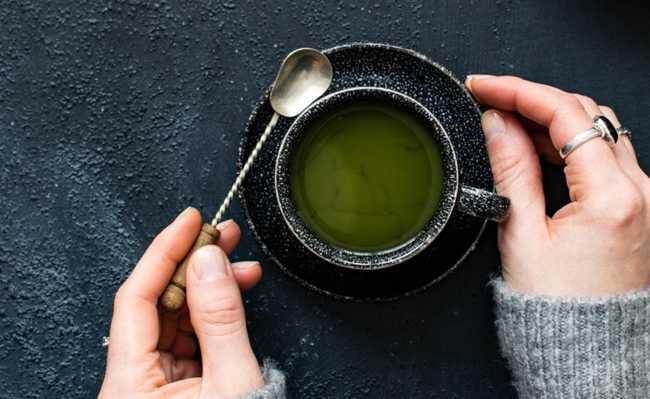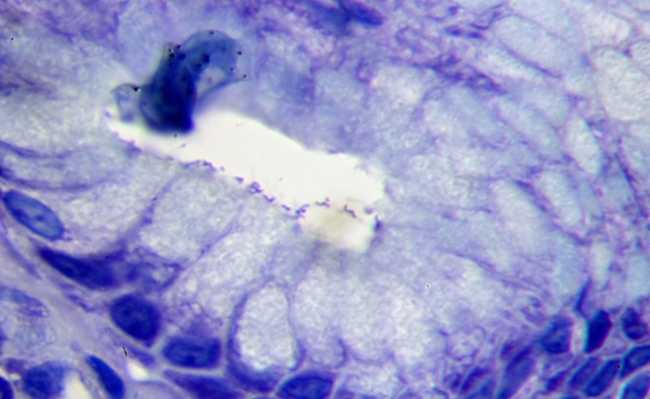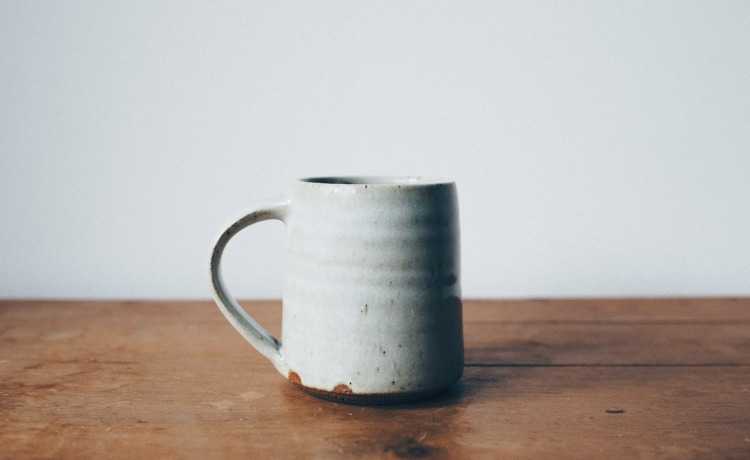Helicobacter Pylori: Six Natural Treatment Options
Bacterium H. Pylori is responsible for 80% of gastric ulcers and 90% of duodenal ulcers

Edited and resized image by Monika Grabkowska, is available on Unsplash
THE Helicobacter pylori ( H. pylori ) is a species of bacteria capable of surviving in the acidic environment of the human stomach, where it develops and can cause infections. It is the main cause of 80% of cases of gastric ulcers and 90% of duodenal ulcers. Infection by H. pylori it is very common and there are indications that its transmission can occur through saliva or through the consumption of water and food that had contact with contaminated feces.
The good news is that, in most cases, the bacteria H. pylori it doesn't actually cause problems. When they occur, the main symptoms are:
- burning pain in the abdomen
- Swelling
- Nausea
- loss of appetite
- frequent belch
- Unexplained weight loss
In cases where the H. pylori generates symptoms, the treatment is usually with medicines for the stomach and antibiotics. Using these conventional treatments can be difficult for some people as they sometimes have negative side effects such as upset stomach, nausea, diarrhea and loss of appetite.
Also, some bacteria are resistant to antibiotics, which complicates traditional treatment. Therefore, some people end up looking for natural treatment options for their H. Pylori .
- Diarrhea Remedy: Six Home-Style Tips
- Seasickness Remedy: 18 Home Style Tips
But, before thinking about abandoning conventional treatment, keep in mind that studies in vivo and in vitro about natural treatment for H. Pylori showed that these methods are only capable of reducing bacterial populations, but not eradicating them completely.

Edited and resized image of Patho is available on Wikimedia
Thus, try to use the natural options that we will indicate below as a complementary treatment to the conventional one and seek medical help to better support decisions related to your health.
Natural treatment options for the H. Pylori
probiotics
Probiotics help maintain a balance between good and bad intestinal bacteria. According to one study, taking probiotics before or after standard treatment for H. pylori can improve bacterial eradication rates. The downside of antibiotics is that they also kill the good bacteria in the stomach. That's where the benefits of consuming probiotics lie, as they help to replenish those good bacteria.
They also help to reduce the risk of yeast overgrowth. A food famous for being probiotic is sauerkraut (understand more about it and how to do it in the article: "Sauerkraut: benefits and how to make it"). Researchers have found evidence to suggest that the bacterium Lactobacillus acidophilus offers the best results for the treatment of H. Pylori . You can also find lactobacilli in capsules sold at pharmacies and online stores. To learn more about probiotics and where to find them, check out the article: "What are probiotic foods" and the video:
Green tea
A study in mice showed that green tea can help kill and slow the growth of bacteria Helicobacter . The study found that drinking green tea before the infection develops prevents stomach inflammation and that drinking tea during the infection reduces the severity of gastritis. Learn more about this drink in the article: "Green tea: benefits and what it's for".
Olive oil
Olive oil is also a natural treatment for Helicobacter Pylori . A study showed that it has antibacterial properties against eight strains of H. pylori , with three of these strains being resistant to antibiotics. It also helps maintain gastric acid balance. Learn more about it in the article: "Olive oil: benefits of different types".
Licorice root
Licorice root is a common natural remedy for stomach ulcers and also helps to fight stomach ulcers. H. pylori . According to one study, the root does not directly kill bacteria, but helps prevent them from sticking to our cell walls.
broccoli sprouts
A compound present in broccoli sprouts called sulforaphane can be used as a natural treatment against broccoli. H. pylori . Research in rats and humans suggests that the substance reduces gastric inflammation, bacterial colonization and its effects. A study of people with type 2 diabetes who had H. pylori showed that broccoli powder fights bacteria and improves cardiovascular disease risk factors.
Phototherapy
Studies show that the H. pylori it is vulnerable to light. In the treatment with phototherapy, ultraviolet light is used inside the stomach. This is an alternative when antibiotics don't work, even though it can't be done at home.
Adapted from Healthline, PubMed and Mayo Clinic










